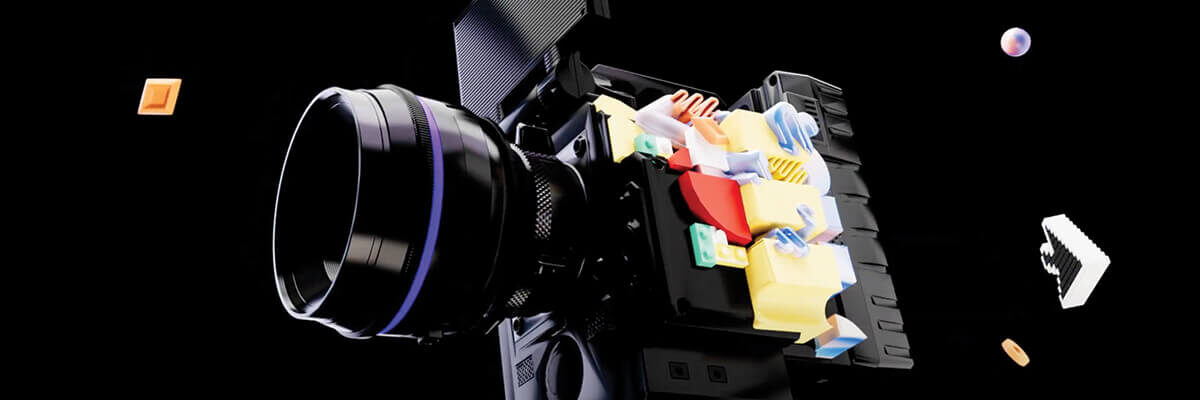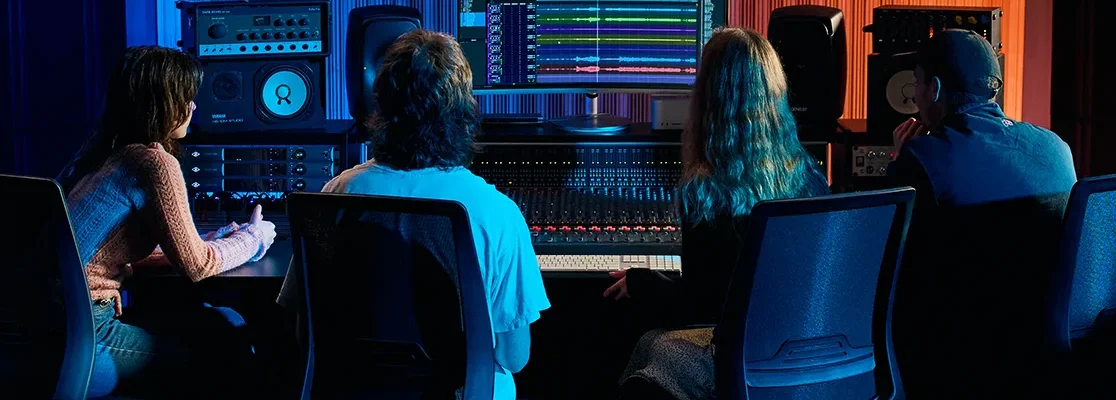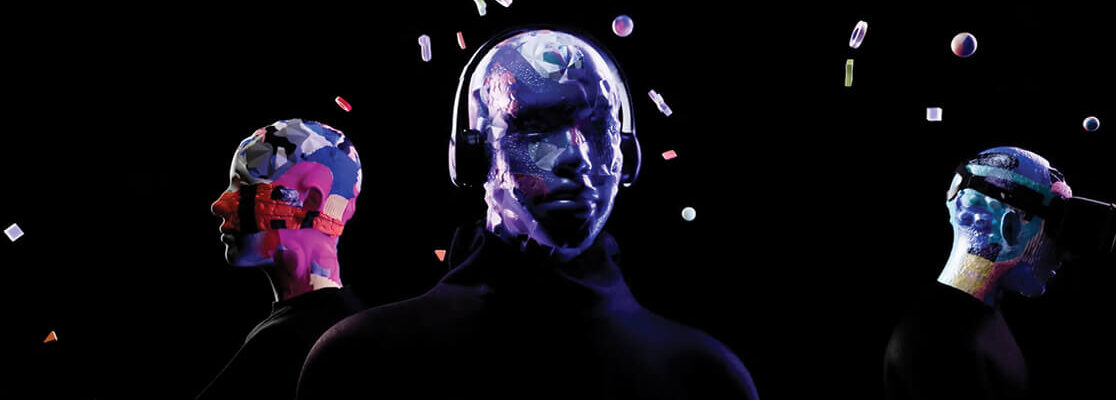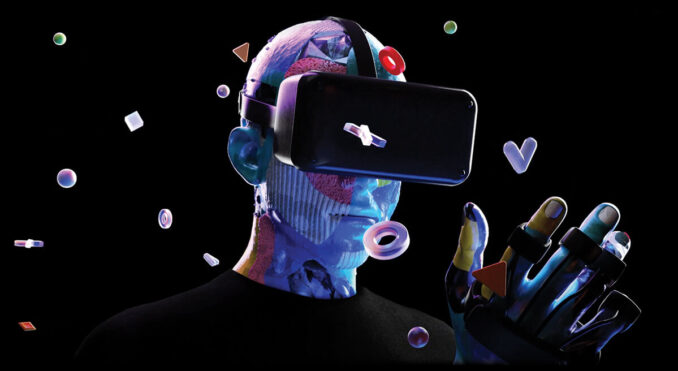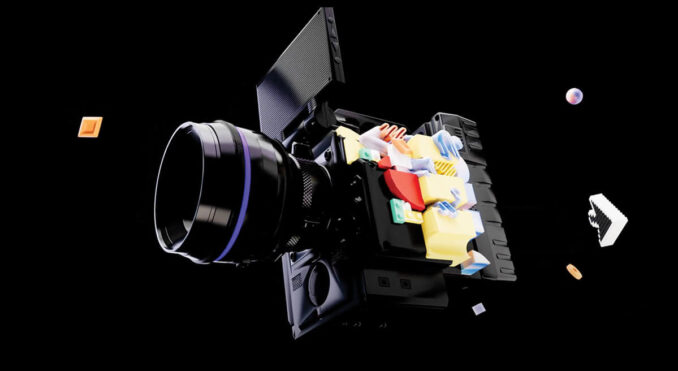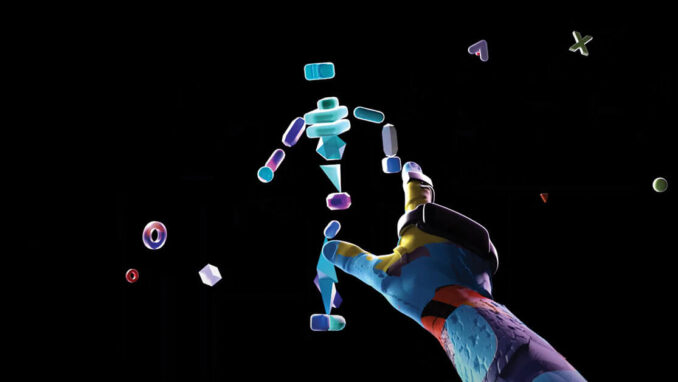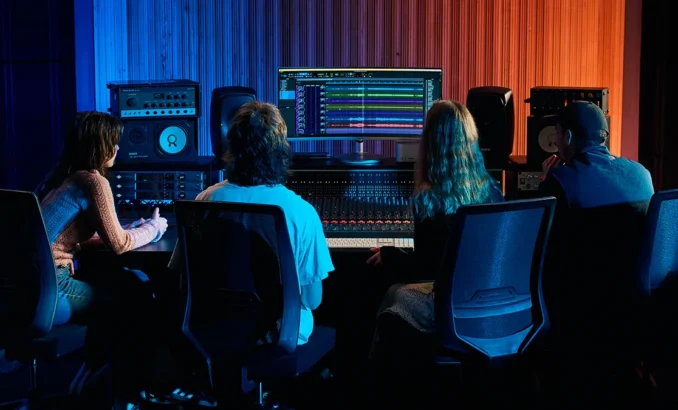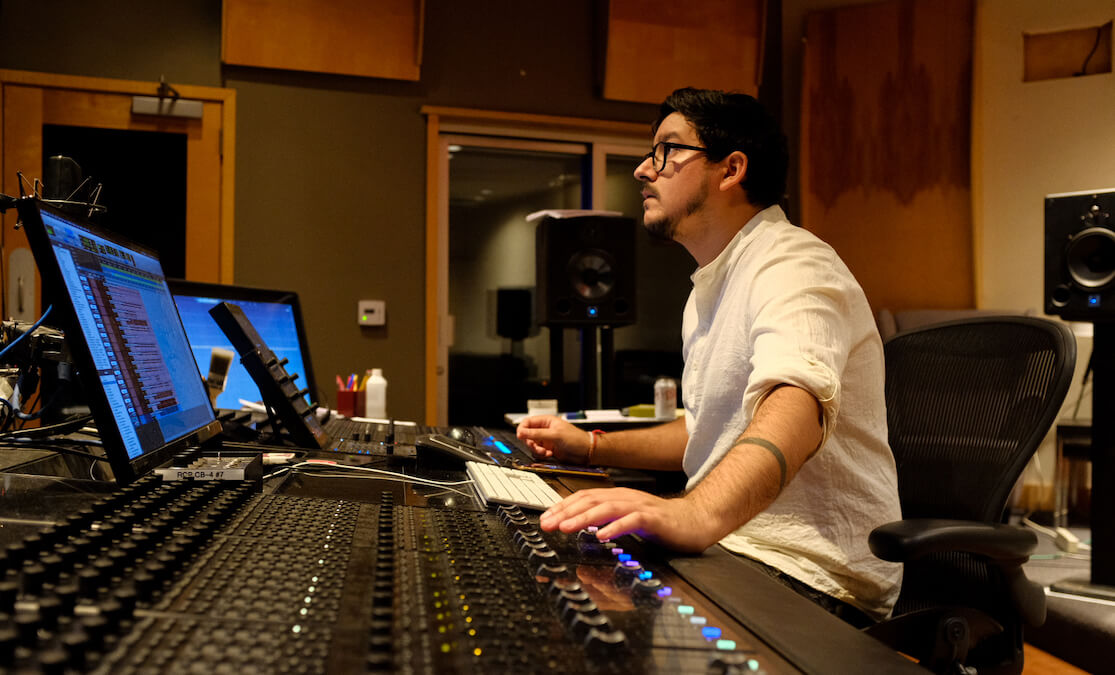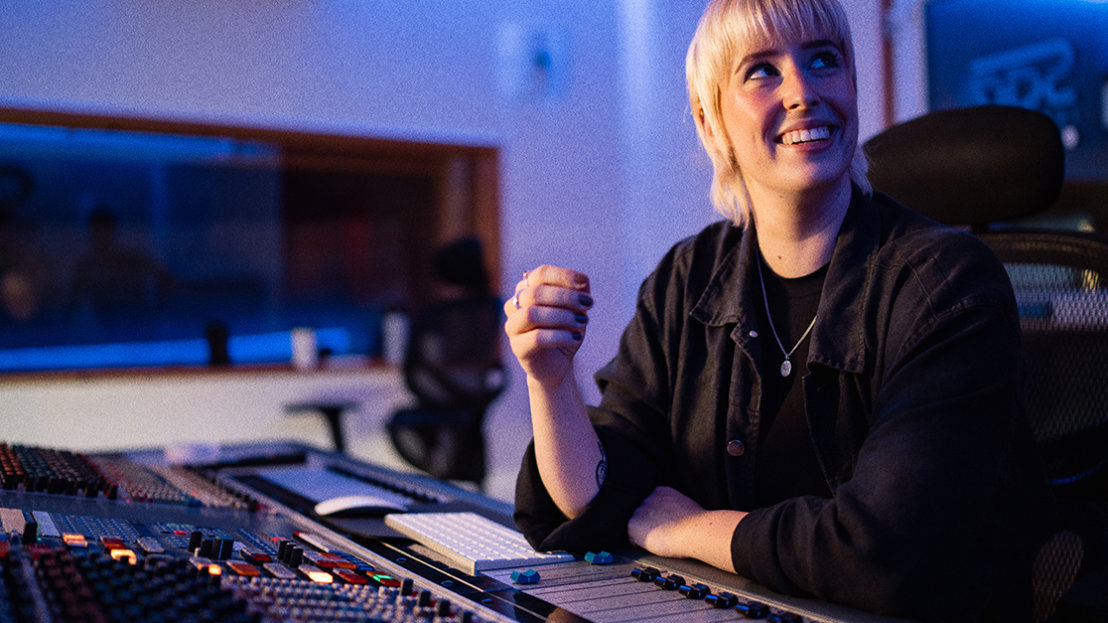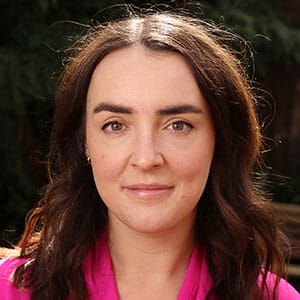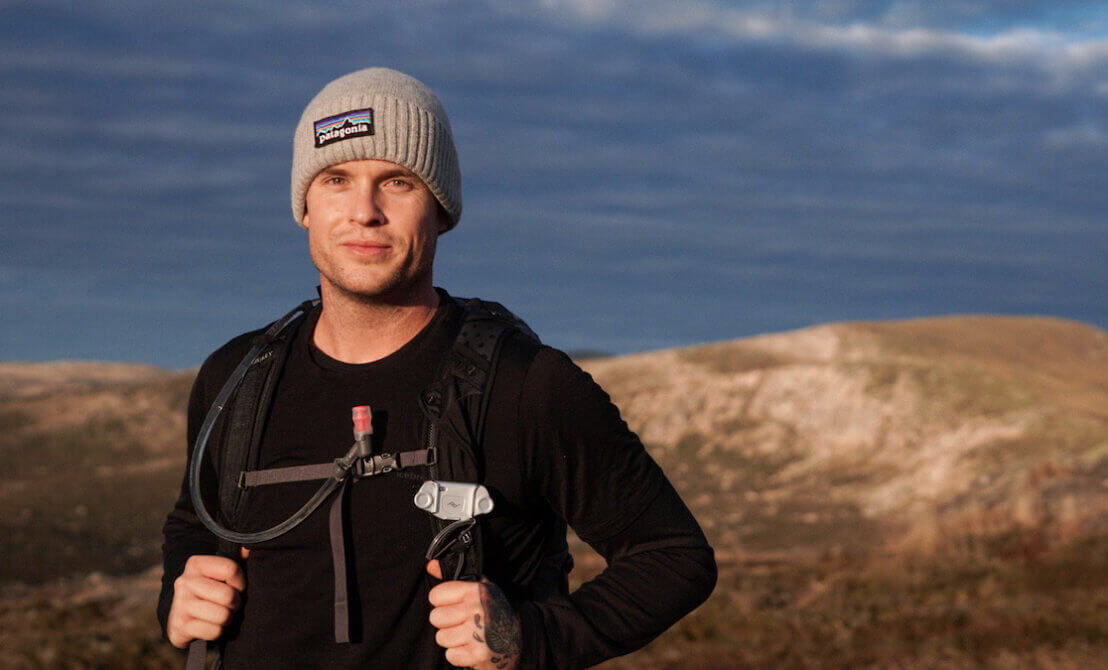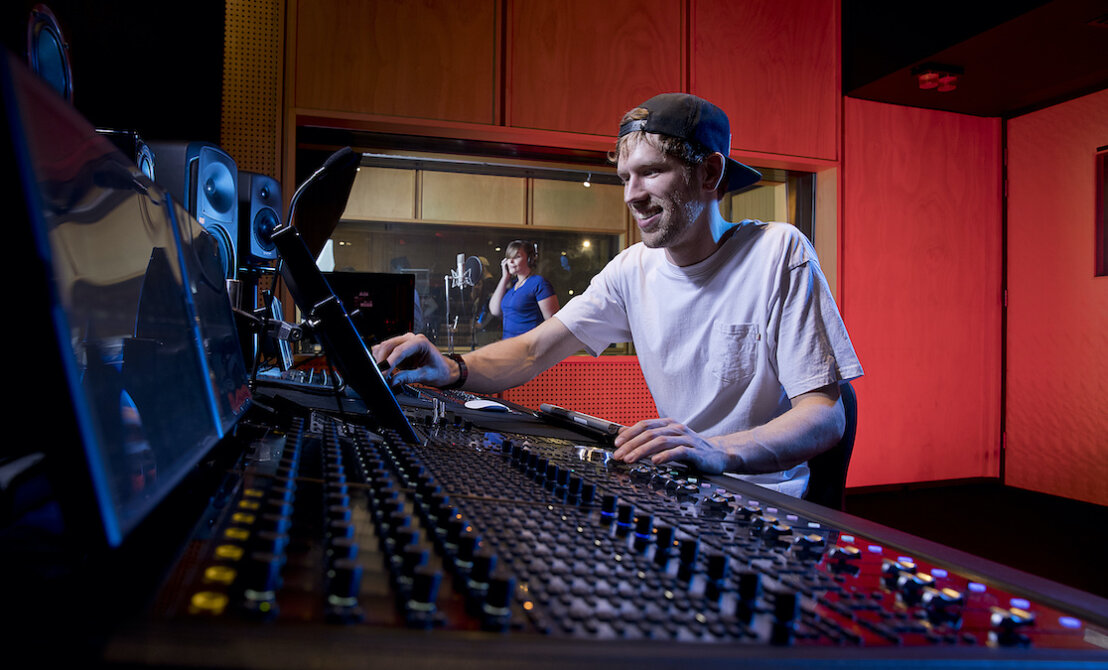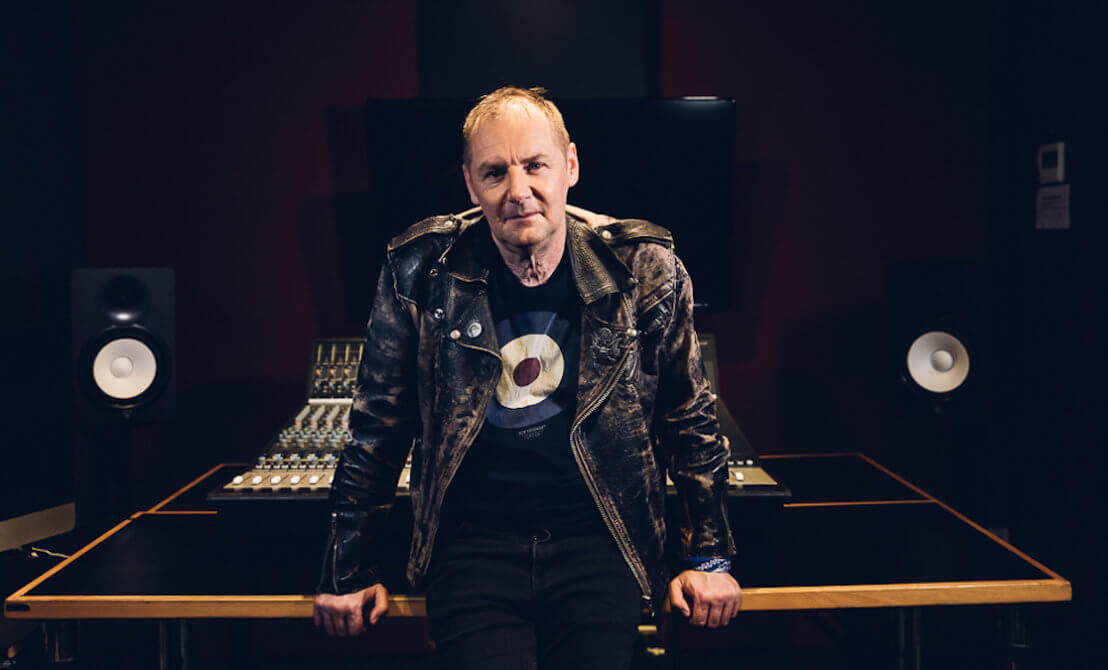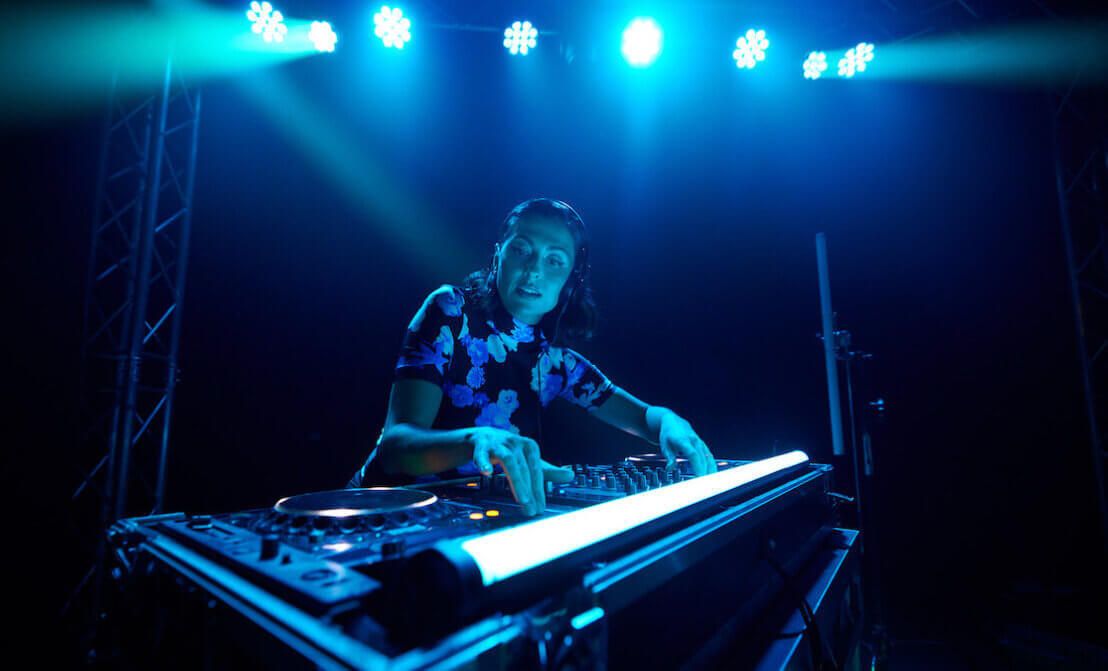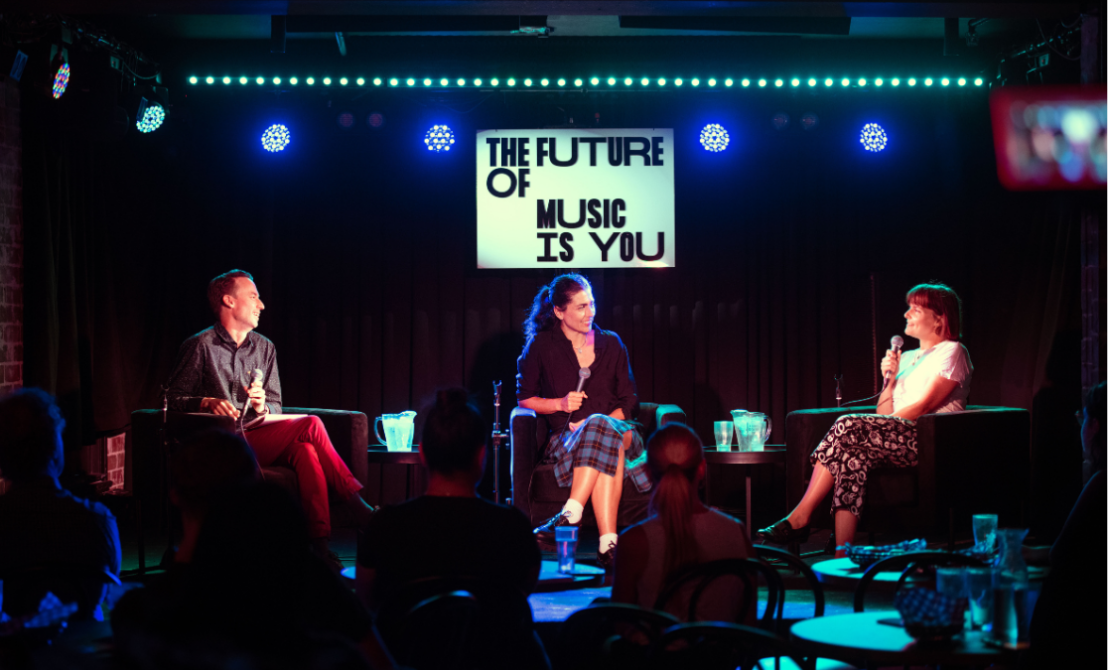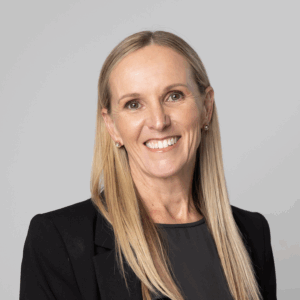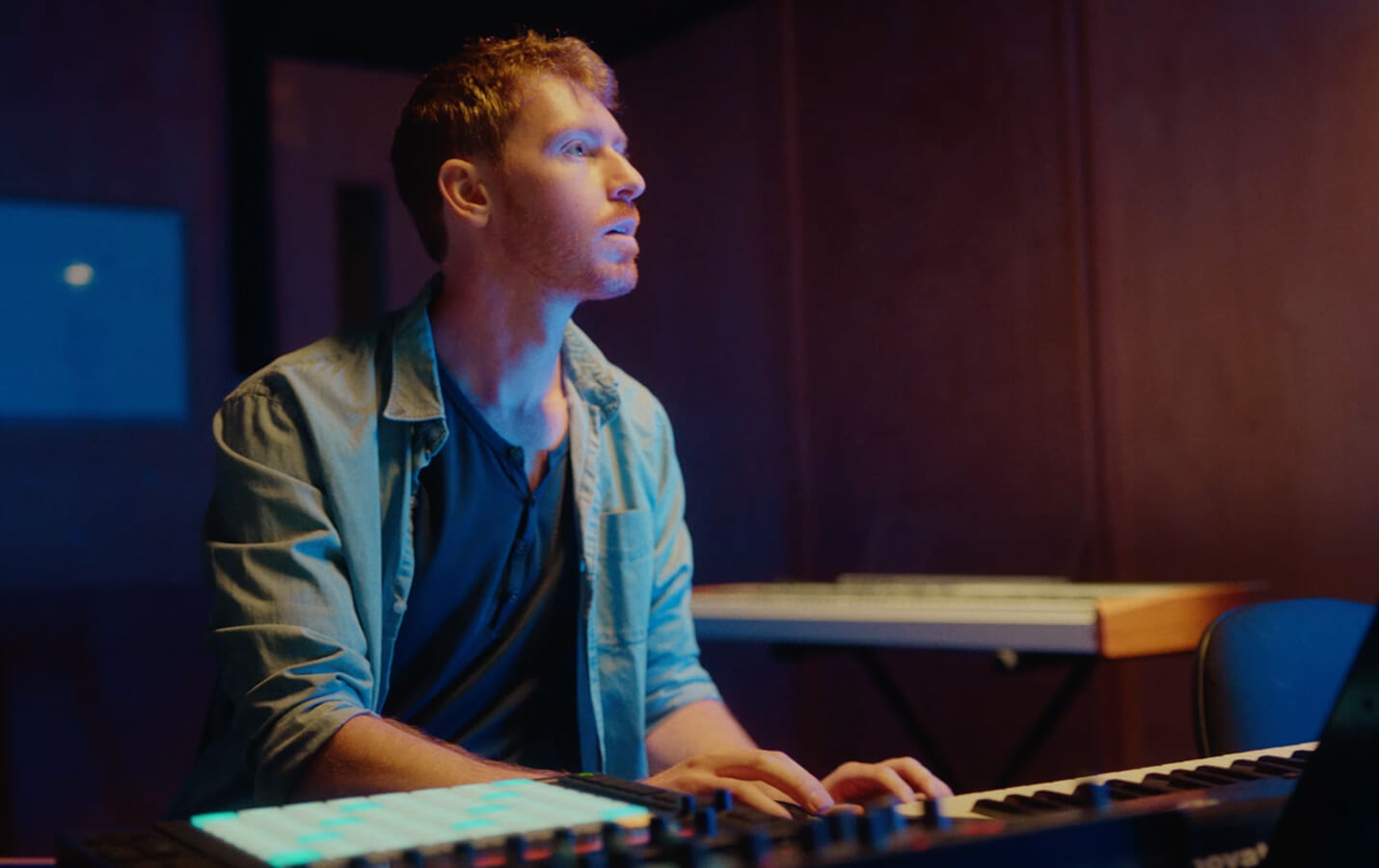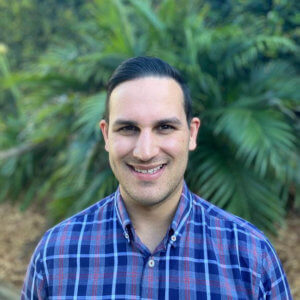
Hi Aldo, congratulations on your career to date. I understand you’re the son of a doctor and a kindergarten director. Was there a lot of pressure from your parents growing up, or were you given freedom to explore your childhood interests?
My parents were always open to me working on my passions. When I got into music I had a small Casio piano, but as I developed I realised I was outgrowing it, because it didn’t have enough octaves. I wanted to make music on a bigger piano, and I was frustrated by that. When I started seeing a teacher, she had a full size piano, so that was a treat for me, because I didn’t have that at home. Pushing the boundaries and wanting to develop fuelled my creativity, and made the time I had with my piano teacher very special.
Later on, I started to play the drums, and I didn’t have the best kit, but I said to myself I’m going to try to make it sound as good as I can. There are a lot of tricks that you can do, but at a certain point I hit a limit in what I could do with the technology I could afford, which is when I went to SAE.
What was it like studying the Bachelor of Audio Production at SAE Byron Bay?
I learnt a lot at SAE from the producing and console side of things. Getting to meet other creatives who had other passions was very satisfying, as we were then able to collaborate on music and other projects. I liked the opportunities to experiment and ask questions about the methodology. In my second year, I learnt how to put together a business plan, which was really beneficial; particularly when I moved to LA.
When did you decide to permanently reside in LA?
Probably after I’d met some friends in the audio engineering industry, and met 21-time Grammy award winning sound engineer Al Schmitt – who has worked with all the legends in the industry like Paul McCartney, Quincy Jones and Ray Charles.
Al and I became good friends, and he showed me another side of the music business that he only knew – which was all about showing kindness and love to the artists and people you work with.
Al would regularly invite me to sessions at Capitol Records – which is famous for where Frank Sinatra, Norah Jones, and Aretha Franklin and many others have made records. On one occasion Al was recording strings, and I was curious to find out who the music was for, and it transpired it was for Dr Dre’s Beats documentary. It so happened that Dr Dre was also there, which was crazy. Getting the chance to shake the hand of one of the icons of the music industry was pretty surreal.
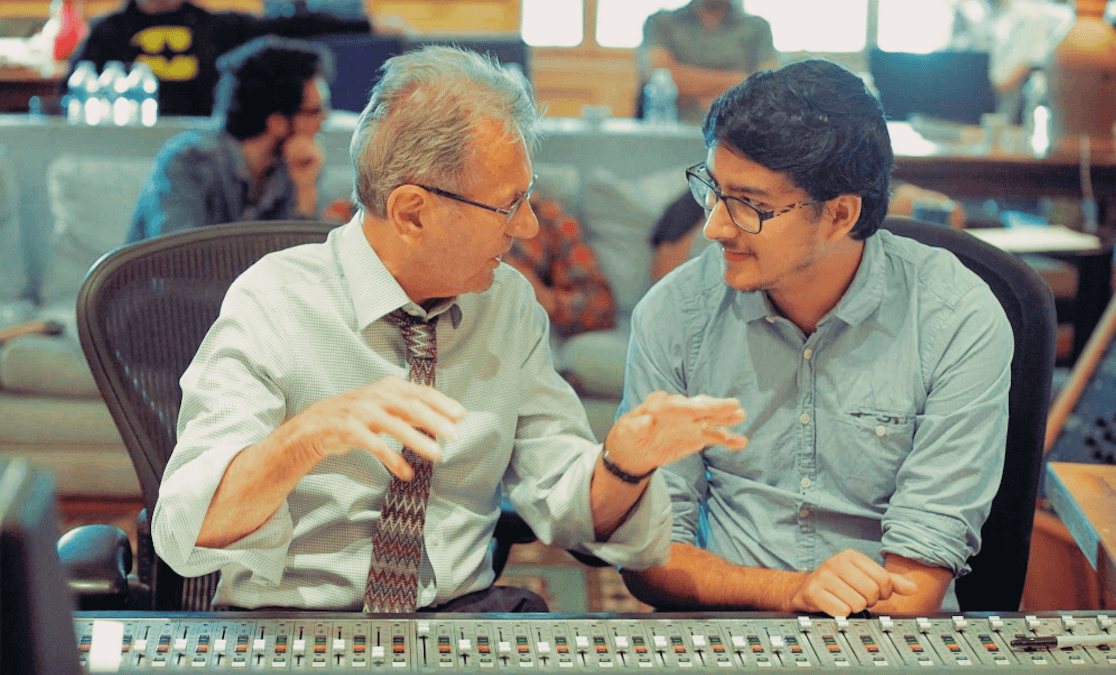
When you got into sound engineering for films, was that what you envisaged for your career?
I first started studying audio at SAE because I wanted my music to sound as good as possible. It was never really my plan to record other people, be an engineer, or mixer – that came later. When I was studying, it opened my eyes to what was possible.
In this industry you sometimes have to do a lot of different roles, and have to make a living with the varied skills that you might have. My career, in a way, has always been planned, but has also had to be very flexible in order to get to where I am now. The experience I gained working on advertisements for the Mexican government, and composing music for a bunch of different things has proven to have been worthwhile.
Can you explain your role on The Lion King, a film you were Grammy-recognised for?
I wore a lot of different hats for that. I got the chance to engineer a few sessions for the film. This involved coordinating a choir in South Africa, and also singers at Capitol Records in LA. One of my other roles on the film was to digitise tape recordings from the 1995 release of the film’s songs to Pro Tools.
I also edited some of the orchestra for the final mix of the film. Getting to work with David Fleming, who is an incredible composer, was amazing. David was working with Hans Zimmer on a demo, and I was in the studio with him to provide playback and record the singers. It was a special moment, because more and more people started to come into the studio to listen – Hans was there, and it came to this beautiful crescendo. I felt honoured to have been a part of that, and it makes all the work worthwhile.
You’ve worked with some of the most prolific composers in Hollywood, including Hans Zimmer, David Fleming, Henry Jackman and Ludwig Göransson. What’s the most satisfying project you’ve work on?
I’d say it would have to be Dune, which Hans did. That was a special project to be a part of, mostly because I was there from the beginning of the project, and could see how the ideas developed from scratch – that was mind blowing for me.
I was part of the audio engineering team recording singers and flautists, and worked closely with David Fleming. My role was to work with David to deliver all the creatives to Hans, who would then prepare and finalise the soundtrack for the film.
How are they all similar in terms of their approach to music composition?
There are certainly similarities in terms of seeing the bigger picture and ultimately all being storytellers – they are using music as a vehicle to help tell the story. They are all filmmakers and I’d certainly say as part of their craft, they’re not afraid to do something new and potentially outrageous. Henry, Ludwig, Hans, and David all have impeccable timing with their music. Understanding timing and pace is very important, and that comes with experience.
What would you say the key skills are for an audio student who wants to follow in your footsteps?
Understanding the basics of audio production is crucial, and somewhere like SAE will give you the foundational skills you need to start off in the industry. Aside from that, being adaptable, having a good attitude and being likeable are important. And by likeable, that can sometimes just mean listening. Being able to read a room is key, and that comes with time and experience.


